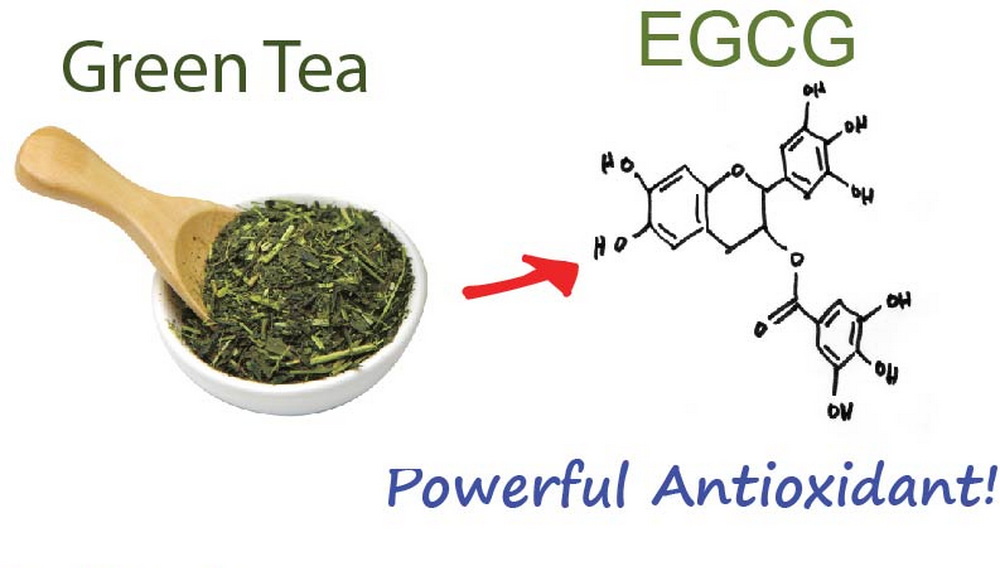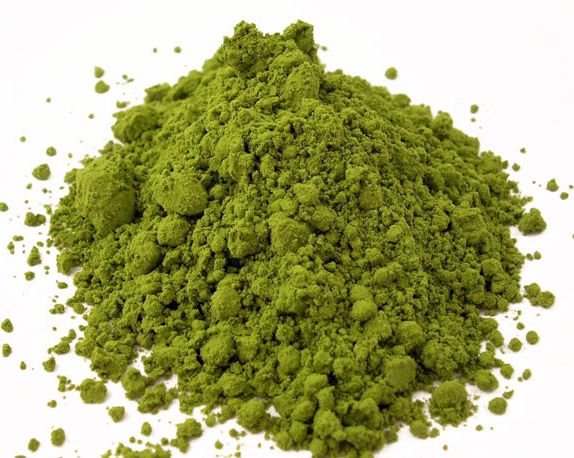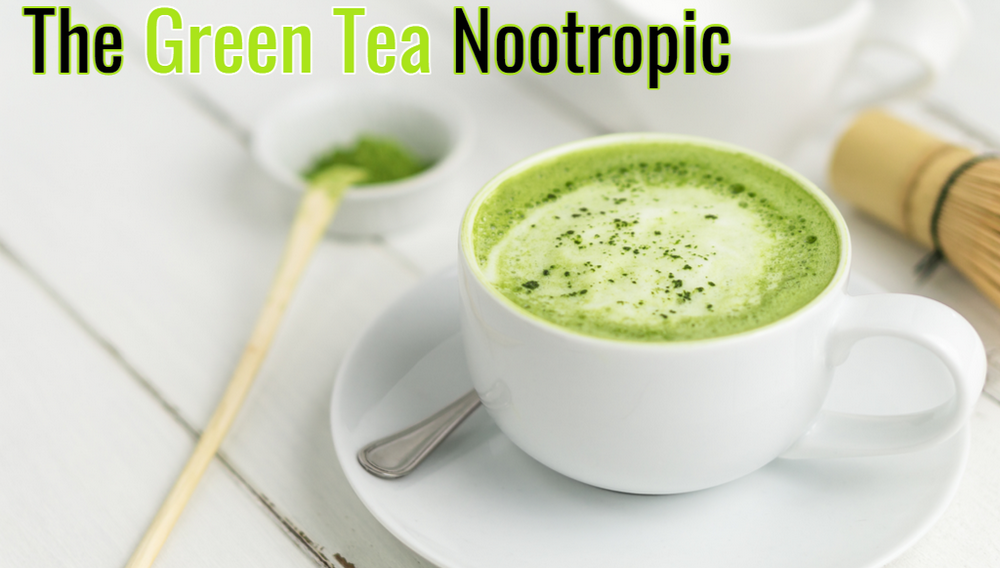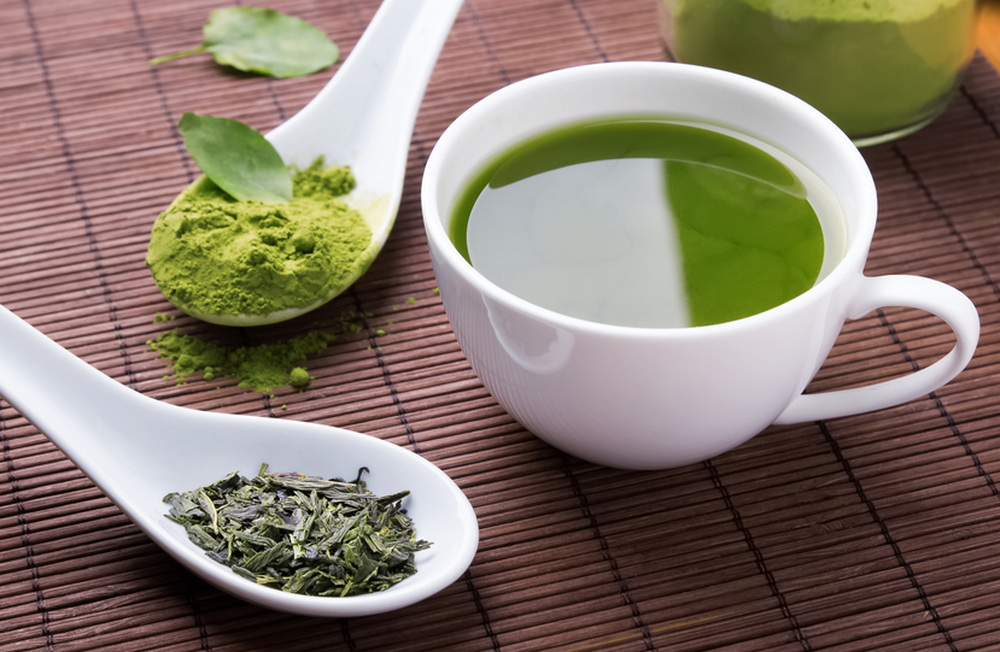Content Menu
● Understanding Green Tea Extract
>> Key Components of Green Tea Extract
● Health Benefits of Green Tea Extract
>> 1. Antioxidant Properties
>> 2. Weight Management
>> 3.Heart Health
>> 4. Brain Function
>> 5. Blood Sugar Regulation
● Recommended Dosage of Green Tea Extract
>> General Recommendations
>> Factors Influencing Dosage
● Potential Risks and Side Effects
>> 1. Liver Toxicity
>> 2. Gastrointestinal Distress
>> 3. Caffeine Sensitivity
>> 4. Drug Interactions
● How to Incorporate Green Tea Extract into Your Diet
>> 1. Choose Quality Products
>> 2. Follow Recommended Dosages
>> 3. Combine with a Healthy Diet
>> 4. Stay Hydrated
● Conclusion
● Frequently Asked Questions
Green tea has long been celebrated for its numerous health benefits, ranging from weight loss support to enhanced brain function. Among its many forms, green tea extract has gained popularity as a concentrated source of the beneficial compounds found in green tea, particularly catechins like epigallocatechin gallate (EGCG). However, with the rise in the use of supplements, questions about the safety and appropriate dosage of green tea extract have become increasingly relevant. This article explores how much green tea extract is safe to consume daily, the potential benefits and risks, and practical recommendations for incorporating it into your diet.

Understanding Green Tea Extract
Green tea extract is derived from the leaves of the Camellia sinensis plant, the same plant used to produce traditional green tea. The extraction process concentrates the beneficial compounds, making it easier to consume higher doses of antioxidants and other active ingredients. Green tea extract is available in various forms, including capsules, powders, and liquid extracts.
Key Components of Green Tea Extract
1. Catechins: These are the primary antioxidants in green tea, with EGCG being the most studied for its health benefits.
2. Caffeine: Green tea extract contains caffeine, which can enhance alertness and energy levels.
3. L-theanine: This amino acid is known for its calming effects and can help balance the stimulating effects of caffeine.
Health Benefits of Green Tea Extract
1. Antioxidant Properties
Green tea extract is rich in antioxidants, which help combat oxidative stress in the body. This can reduce the risk of chronic diseases, including heart disease and cancer. The high concentration of catechins in green tea extract is particularly effective at neutralizing free radicals, which are unstable molecules that can cause cellular damage.
2. Weight Management
Research suggests that green tea extract can aid in weight loss by increasing metabolism and fat oxidation. It may also help reduce appetite, making it easier to maintain a healthy weight. Some studies have shown that the combination of caffeine and catechins can enhance fat burning during exercise, making it a popular choice among those looking to lose weight.
3.Heart Health
Regular consumption of green tea extract has been linked to improved cardiovascular health. It may help lower LDL cholesterol levels and improve blood vessel function. The antioxidants in green tea extract can also help reduce inflammation and improve overall heart health, potentially lowering the risk of heart disease.

4. Brain Function
The combination of caffeine and L-theanine in green tea extract can enhance brain function, improving mood, attention, and cognitive performance. Studies have shown that these compounds can work synergistically to promote alertness while also providing a calming effect, making it easier to focus.
5. Blood Sugar Regulation
Some studies indicate that green tea extract may help regulate blood sugar levels, making it beneficial for individuals with type 2 diabetes. The catechins in green tea extract can improve insulin sensitivity and reduce blood sugar spikes after meals.
Recommended Dosage of Green Tea Extract
Determining the safe and effective dosage of green tea extract can be complex due to individual differences in metabolism, health status, and the specific formulation of the extract. However, general guidelines can help:
General Recommendations
◆ Standard Dosage: Most studies suggest a daily intake of 250 to 500 mg of green tea extract, which typically provides around 100 to 300 mg of EGCG.
◆ Caffeine Consideration: Since green tea extract contains caffeine, it’s essential to consider your total daily caffeine intake from all sources to avoid excessive consumption, which can lead to side effects like anxiety, insomnia, and increased heart rate.
Factors Influencing Dosage
1. Individual Tolerance: Some individuals may be more sensitive to caffeine and catechins, requiring a lower dosage.
2. Health Conditions: Those with certain health conditions or who are pregnant or breastfeeding should consult a healthcare professional before starting green tea extract.
3. Formulation Variations: Different products may have varying concentrations of active ingredients, so it’s crucial to read labels carefully.

Potential Risks and Side Effects
While green tea extract is generally considered safe for most people, excessive consumption can lead to adverse effects. Some potential risks include:
1. Liver Toxicity
High doses of green tea extract, particularly in concentrated forms, have been associated with liver damage in some cases. It’s crucial to stick to recommended dosages and consult a healthcare provider if you have liver issues. Symptoms of liver toxicity may include jaundice, dark urine, and abdominal pain.
2. Gastrointestinal Distress
Some individuals may experience stomach upset, nausea, or diarrhea when taking green tea extract, especially on an empty stomach. To minimize these effects, it is advisable to take the extract with food.
3. Caffeine Sensitivity
Due to its caffeine content, green tea extract can cause side effects in sensitive individuals, including insomnia, jitteriness, and increased heart rate. If you are sensitive to caffeine, consider opting for decaffeinated green tea extract or limiting your intake.
4. Drug Interactions
Green tea extract may interact with certain medications, including blood thinners and medications for high blood pressure. Always consult a healthcare professional if you are taking medications. It is particularly important for individuals on anticoagulants to be cautious, as green tea can affect blood clotting.
How to Incorporate Green Tea Extract into Your Diet
1. Choose Quality Products
When selecting a green tea extract supplement, look for reputable brands that provide third-party testing for quality and purity. Check for standardized extracts that specify the amount of EGCG per serving. This ensures that you are getting a product that meets safety and efficacy standards.
2. Follow Recommended Dosages
Start with a lower dosage to assess your tolerance, gradually increasing it if needed. Avoid exceeding the recommended daily intake. Keeping a journal of your intake and any side effects can help you find the right dosage for your needs.
3. Combine with a Healthy Diet
Incorporate green tea extract as part of a balanced diet rich in fruits, vegetables, whole grains, and lean proteins. This can enhance its benefits and support overall health. Pairing green tea extract with a healthy lifestyle can maximize its positive effects on weight management and overall well-being.
4. Stay Hydrated
Ensure you drink plenty of water throughout the day, especially if you consume green tea extract, to help mitigate any potential side effects. Staying hydrated is essential for overall health and can help your body process the extract more effectively.

Conclusion
Green tea extract can be a valuable addition to a health-conscious lifestyle, offering numerous benefits when consumed in moderation. A daily intake of 250 to 500 mg is generally considered safe for most adults, but individual factors must be taken into account. As with any supplement, it’s essential to consult with a healthcare professional, especially if you have underlying health conditions or are taking medications. By understanding the appropriate dosage and potential risks, you can enjoy the benefits of green tea extract while minimizing any adverse effects.
Frequently Asked Questions
Q: What is the best time to take green tea extract?
A: It is generally recommended to take green tea extract in the morning or early afternoon to avoid potential sleep disturbances due to its caffeine content.
Q: Can I drink green tea while taking green tea extract?
A: Yes, you can consume both, but be mindful of your total caffeine intake to avoid exceeding recommended limits.
Q: Is green tea extract safe for everyone?
A: While generally safe for most people, those with certain health conditions or sensitivities should consult a healthcare professional before use.
Q: What are the signs of taking too muchgreen tea extract?
A: Symptoms of excessive intake may include nausea, stomach upset, insomnia, and increased heart rate.
Q: Can green tea extract help with weight loss?
A: Yes, studies suggest that green tea extract can aid in weight loss by boosting metabolism and fat oxidation.































